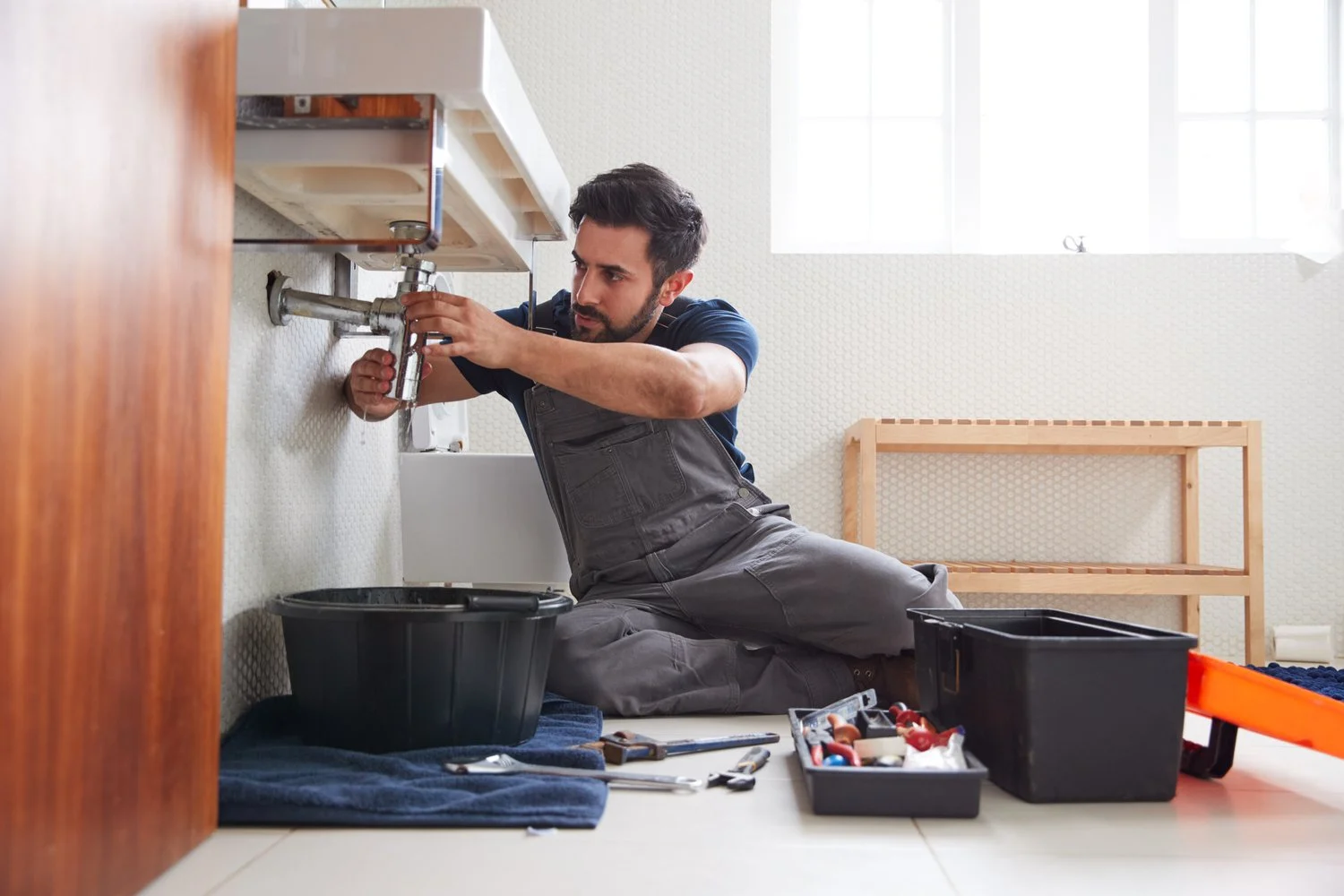
Home maintenance is crucial for preserving the value, functionality, and aesthetics of your property. Here are some vital pieces of advice to ensure your home remains in optimal condition.
Regular Inspections: Conduct routine visual checks of your home’s exterior, interior, and systems. Look for signs of wear, damage, or leaks. Early detection allows for timely repairs, preventing issues from escalating.
Gutters and Downspouts: Clean gutters and downspouts to prevent water buildup and potential water damage. Clogged gutters can lead to roof leaks, foundation problems, and landscape erosion.
Roof Maintenance: Inspect your roof for missing shingles, cracks, or damaged flashing. Addressing roof issues promptly prevents leaks and extends the roof’s lifespan.
HVAC Systems: Change air filters regularly and schedule annual professional HVAC maintenance. Properly functioning heating and cooling systems ensure comfort and energy efficiency.
Plumbing Checks: Check for leaks under sinks, around toilets, and in the basement. Test water pressure and drain speed. Promptly repair leaks to prevent water damage and mold growth.
Electrical Safety: Inspect outlets, switches, and electrical cords for damage. Replace frayed cords and address any electrical issues promptly to avoid fire hazards.
Sealing and Caulking: Regularly inspect and refresh caulk and weatherstripping around doors and windows. Proper sealing enhances energy efficiency and prevents moisture intrusion.
Pest Control: Implement preventive measures to keep pests at bay. Seal cracks, eliminate standing water, and consider professional pest control if needed.
Exterior Upkeep: Power-wash the exterior, repaint as needed, and address any wood rot. Proper maintenance enhances curb appeal and protects against weather-related damage.
Lawn and Landscaping: Maintain your lawn, trim trees and shrubs, and clear debris. Well-kept landscaping prevents overgrowth and maintains a tidy appearance.
Appliance Care: Clean and maintain appliances according to manufacturers’ instructions. Regular upkeep prolongs their lifespan and ensures efficient operation.
Foundation Care: Monitor your foundation for cracks or shifting. Address any issues promptly to prevent structural problems.
Smoke and Carbon Monoxide Detectors: Test detectors monthly and replace batteries annually. Functional detectors are crucial for early detection of potential hazards.
Attic and Basement: Inspect these areas for leaks, pests, and proper insulation. Adequate insulation contributes to energy efficiency and prevents moisture-related problems.
Safety Measures: Keep fire extinguishers up to date, have an emergency kit on hand, and ensure your home is equipped with necessary safety features.
Documentation: Keep a record of maintenance tasks, repairs, and warranties. This documentation aids in tracking the history of your home’s upkeep.
DIY vs. Professional Help: While some maintenance tasks can be DIY, others require professional expertise. Don’t hesitate to call in experts for complex or potentially dangerous tasks.
Budgeting: Allocate a portion of your budget for regular home maintenance and unexpected repairs. Being financially prepared ensures you can address issues promptly.
By following these essential guidelines, you’ll create a well-maintained home that provides comfort, safety, and value for years to come. Regular attention to upkeep not only saves you money in the long run but also contributes to your overall quality of life within your living space.
